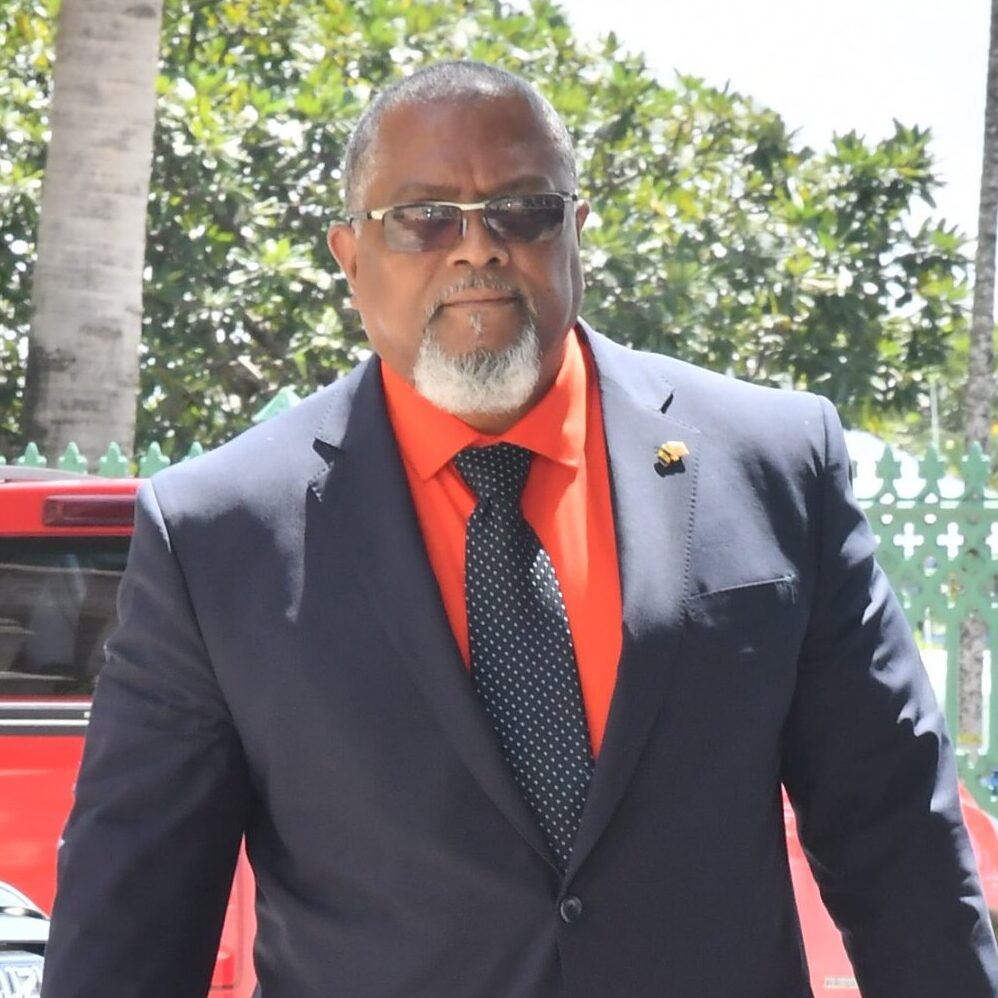Barbados Banking Hurdles Delay Full Implementation of Medicinal Marijuana Industry, Minister Weir Optimistic About Business Potential

Barbados' medicinal marijuana industry faces banking hurdles, with Minister Indar Weir navigating US restrictions. Efforts are driven by the potential for a profitable business, leveraging CARICOM support for progress.
Banking hurdles are standing in the way of the full implementation of Barbados’ medicinal marijuana industry, but Minister of Agriculture, Food and Nutritional Security Indar Weir is not giving up hope on the potential for medicinal cannabis to be a high-earning business.
He told the Parliament on Tuesday that banking has been the major obstacle concerning how the United States treats restrictions on certain jurisdictions.
“Getting into that space, while it is true that it can be a lucrative business, the biggest challenge we face is how the US treats to this. In certain states, they have allowed for trade in medicinal cannabis to take place and have allowed for banking to take place, whereas, they have imposed restrictions on other jurisdictions,” he explained.
The minister said it has been suggested that the only way around it is through the Caribbean Community (CARICOM) regional grouping.
Questioned further by Opposition Leader Ralph Thorne during the 2024 Estimates in the House of Assembly on the cost of maintaining the project in the absence of a full startup, Minister Weir said it has cost about $3.4 million per year since the launch in 2019.
He said Jamaica was the CARICOM country leading the fight on the banking issues and it took them more than ten years to get their industry settled.
“When I went to Jamaica to look at what they were doing with their industry, the minister of agriculture said to me that the only way we can resolve the problem is through CARICOM making a decision on how to deal with it.
“We have, however, been able to forge ahead, similar to St Vincent and the Grenadines. (They) started this process ahead of us as well and it was only within the last year or two, they were able to land investment in the business,” Weir said.
The minister said they are working on a model that will allow those with experience dealing with cannabis to be involved in the local industry. The Barbados Medicinal Cannabis Licensing Authority (BMCLA) will also be working with the University of the West Indies (UWI) on research, he added.
“The medicinal cannabis industry has great potential. It is going to be a fairly sizeable revenue earner for us,” Weir predicted.
However, Thorne suggested to the minister that it was likely the industry would not get off the ground after the government had poured millions into the project.
However, Weir countered: “We should get there. We do have cases where investors are ready to invest but the truth is banking is the obstacle.
“We are looking at some options to see how we can work out that people can actually get going.”
Acting Chief Executive Officer of the BMCLA Shanika Roberts-Odle was also confident of the industry’s potential. Speaking from the Well of Parliament, she said that the agency had spent time setting up the industry to succeed, learning from the experience of others.
“What we have done is to look at the issues they have had starting up. In some cases, they would have started an industry without standards and have had to peel back and go again,” she said, noting that there is a country in the region on its third round of cannabis legislation and another on its second.
“What we do is that we take our time, we communicate and build the industry…. Additionally, there is a lot of misinformation. There is the concept of ‘green gold’ and cannabis and money flowing in the streets…but when you are cultivating something for someone’s health it has to be done to a standard.
“The same way someone wants to know what’s in their Advil, they want to know what’s in their medicinal cannabis,” Odle-Roberts stressed.
Building the industry from the ground up, she said, has meant training and partnering with the Samuel Jackman Prescod Institute and TVET Council to create a standard and signing a Memorandum of Understanding with the Barbados Drug Service (BDS) to ensure “we don’t recreate the wheel”.
(SP)


